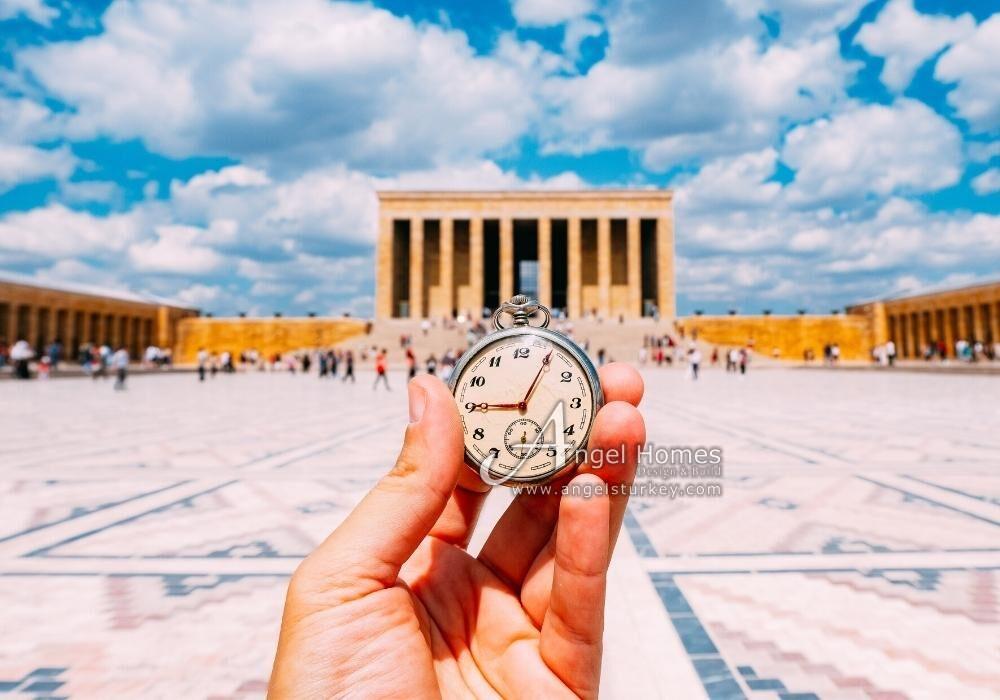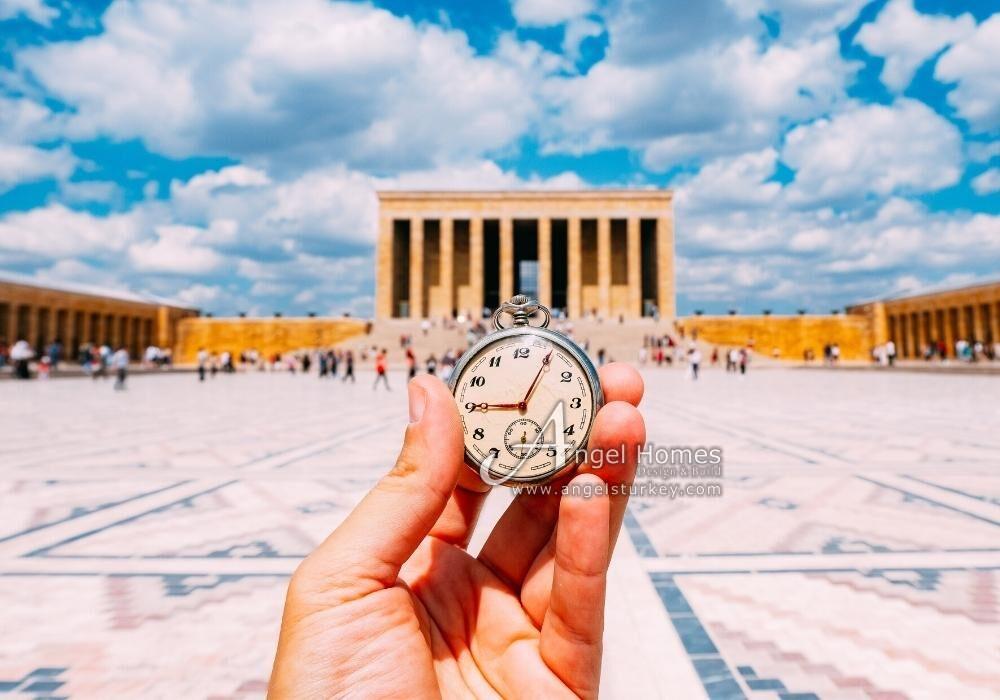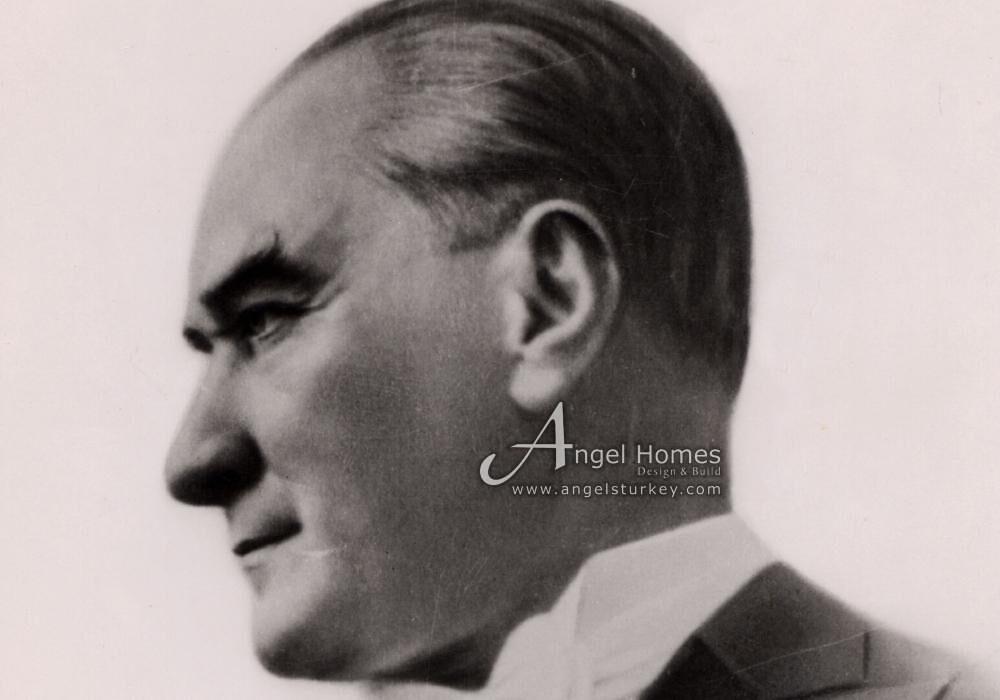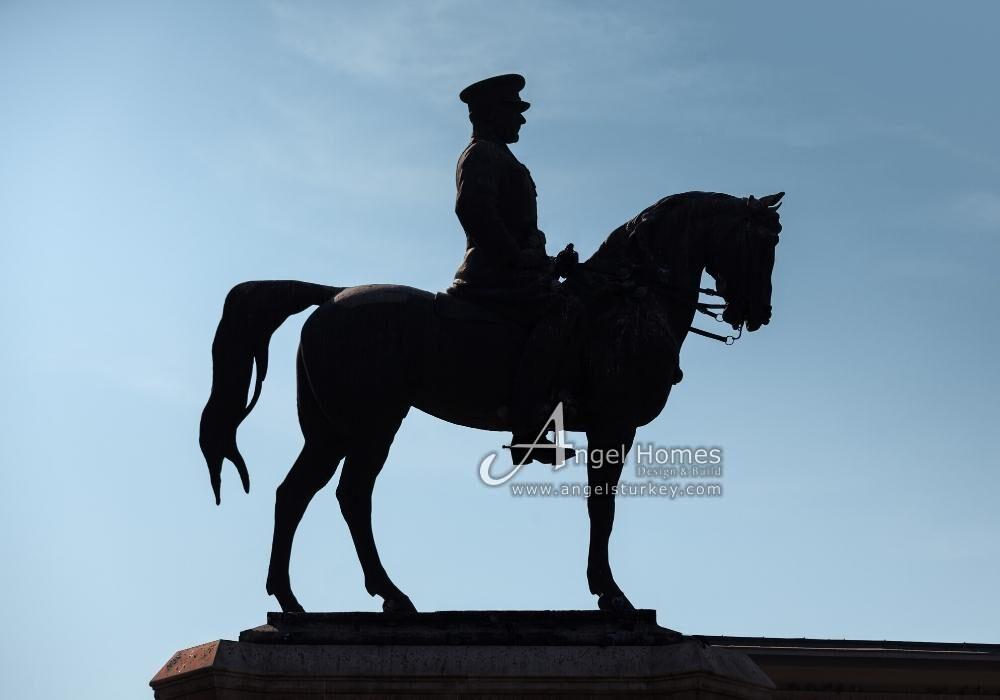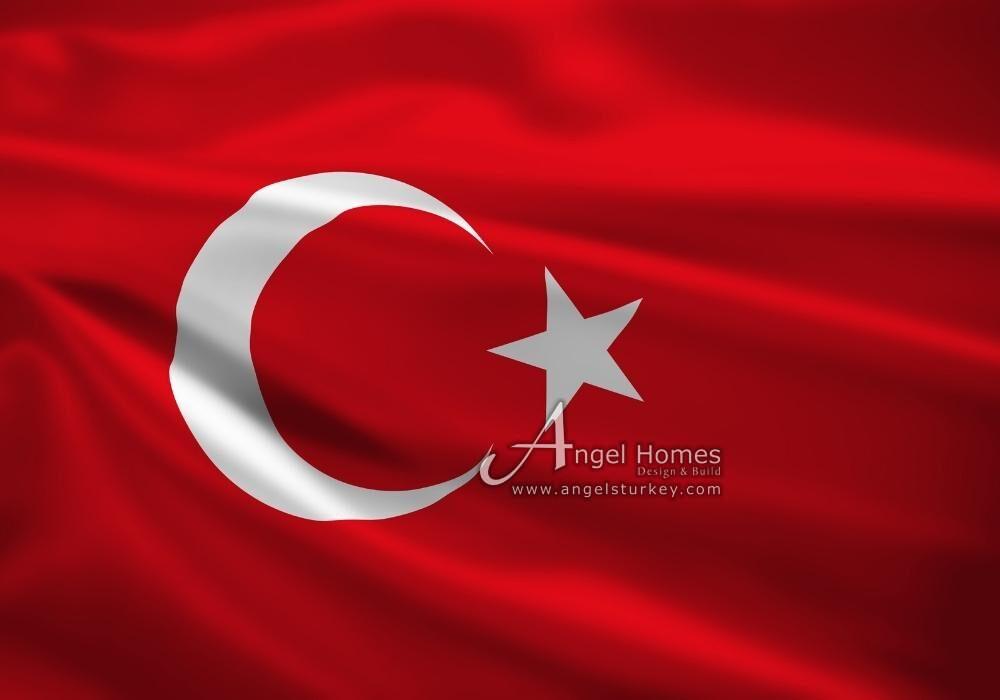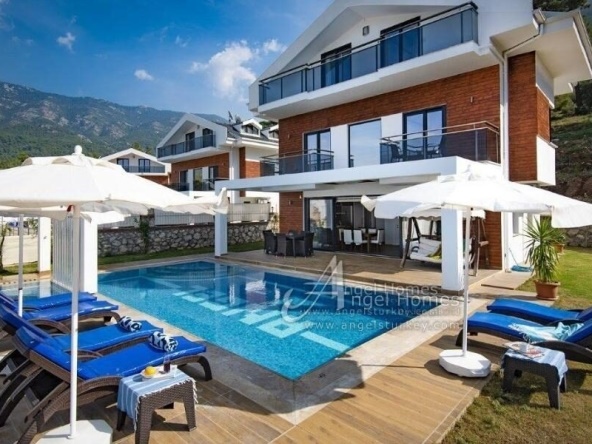November 10th is Atatürk Memorial Day. Although it’s not an official public holiday in Turkey, it is an important occasion and one of great significance to the country as it commemorates the passing of Mustafa Kemal Atatürk, the first President of the Republic of Turkey. If you are in Turkey during this time, you will notice the national flags flying and hear sirens and tannoys prompting you to stop what you’re doing, stand to attention and observe a minutes silence at 9.05 am.
ABOUT MUSTAFA KEMAL ATATÜRK
Who was Mustafa Kemal Atatürk?
Mustafa Kemal Atatürk (1881 -1938) was a soldier, a leader, a revolutionary, and a reformer who led Turkey to independence, ultimately creating the Republic of Turkey we know today. Atatürk is widely regarded as one of the most significant political leaders of the 20th Century.
Atatürk’s early years.
Atatürk was born simply by the name ‘Mustafa’ in Salonika (now Greek Thessaloniki) in 1881, when it was part of the Ottoman Empire. He was born into a middle-class family, and his father was a local lieutenant who wanted his son to grow up as a soldier. At the age of 12, Mustafa was sent to a military school where his maths teacher gave him the name Kemal, meaning ‘excellence’, as he excelled in his studies. Mustafa Kemal then attended the War Academy where he graduated in 1905.
Mustafa Kemal was an accomplished soldier.
Mustafa Kemal became an accomplished soldier serving in Libya against the Italians in 1911, and then in the Balkan Wars between 1912 and 1913. He gained most recognition during World War I, and he became a military hero following his actions during the Ottoman Turkish victory at the Battle of Gallipoli.
By 1919, Mustafa Kemal had gained a strong following and was well-respected. Following the dissolution of the Ottoman Empire, he led the Turkish Nationalist Movement that wanted freedom from foreign occupation, and also organised a provisional government in Ankara. Mustafa Kemal led the War of Independence (1919 – 1923) that ended the allied rule and brought freedom to from the Armenians, Italians, French, and finally the Greeks.
In 1923, the Grand National Assembly in Ankara declared the sultan’s rule finally over, and the last Ottoman sultan fled his palace in fear of his life. That year The Treaty of Lausanne was signed recognising an independent Turkish state. The Grand National Assembly then went on to proclaim this new state the Republic of Turkey, and elect Mustafa Kemal as its first president on the same day, October 29th 1923.
Mustafa Kemal’s Presidency
Throughout his presidency from 1923 until his death in 1938, Mustafa Kemal introduced many radical social, political, religious and cultural reforms. Mustafa Kemal studied Western governments and democracies, and established a policy of state secularism, leaving behind many of the former religious and Ottoman policies and beliefs. Mustafa Kemal encouraged his citizens to wear European-style clothing, and for women to drop the veils, he also outlawed the wearing of the fez hat, seen as a symbol of Ottoman rule. Mustafa Kemal organised free education for children and reinvented the Turkish language opting for a Latin alphabet rather than Arabic. In 1935 surnames were introduced, and it was then that he was given the name Atatürk, meaning ‘Father of the Turks’ – this is how Mustafa Kemal is most often referred to today.
Atatürk‘s legacy lives on.
Mustafa Kemal Atatürk died on November 10th 1938 from cirrhosis of the liver, a condition he had been battling for some time. However, his legacy lives on. Today almost every business, reception and many homes feature a picture of this great man in their receptions or on their living room walls. Many schools, streets and government buildings are named in his honour, statues depict his life and achievements, and most Turks will happily discuss how Atatürk revolutionised Turkey to make it the modern Republic of Turkey we know and love today. Mustafa Kemal Atatürk will live on as Turkey’s great leader, and for that reason November 10th each year will always be remembered and respected by his Turkish citizens.
Content sources: The historical information included in this article was gathered from Wikipedia, BBC and Britannica.
If you would like more information on Turkish culture and lifestyle, please take a look at ANGEL HOMES BLOG. To view our Fethiye property portfolio, please see ANGELS WEBSITE.
